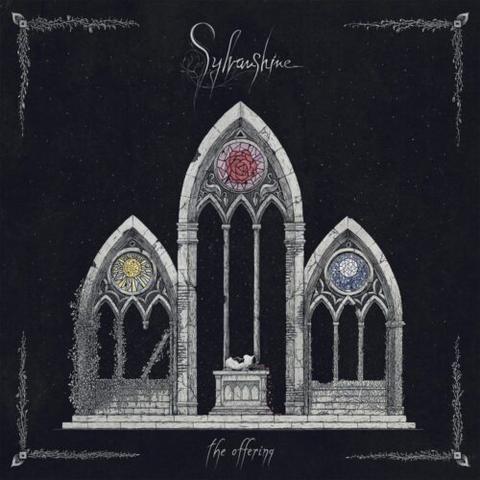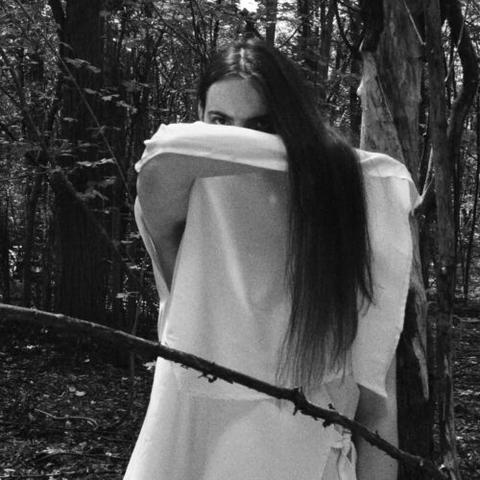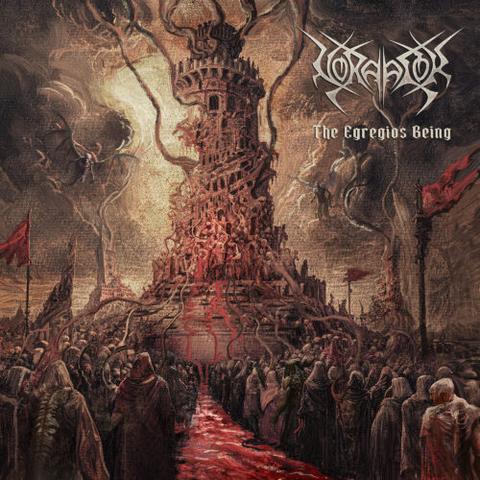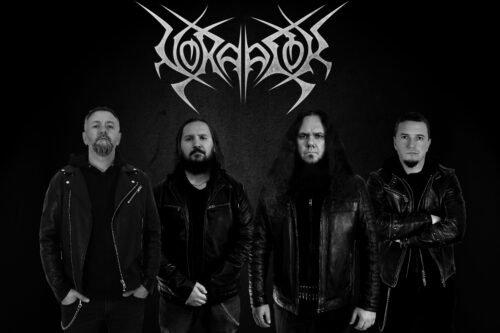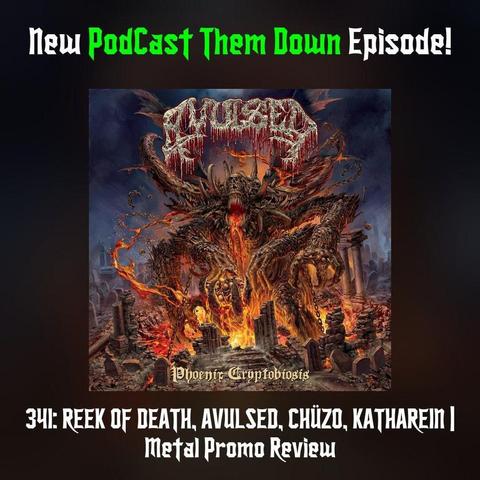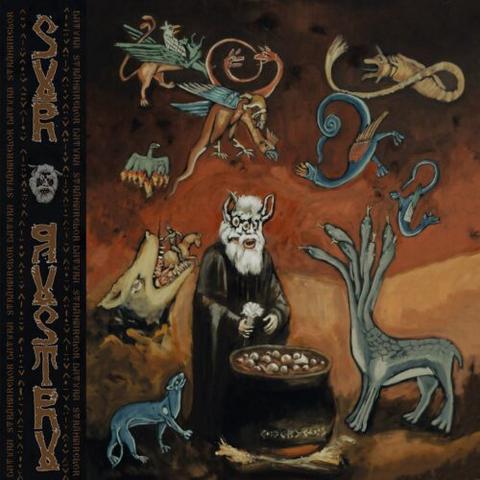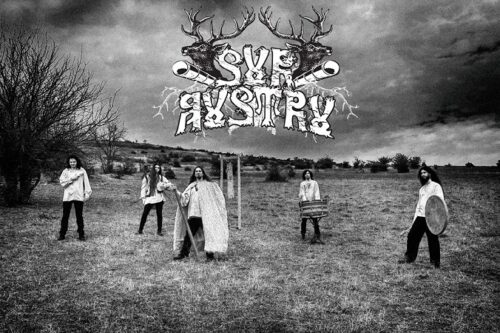Sylvanshine – The Offering Review
By Killjoy
The contrast of opposites is fundamentally important in art, and Sylvanshine is an apt name to illustrate this principle. As I just learned from Wikipedia, “Sylvanshine is an optical phenomenon in which dew-covered foliage with wax-coated leaves retroreflect beams of light, as from a vehicle’s headlights. This effect sometimes makes trees appear snow-covered at night during summer.” Fittingly, Ion Ureche’s blackgaze project from Bucharest, Romania, deals with opposing themes, specifically “love and loss, hope and desperation.” Not exactly uncommon themes in blackgaze, but how clearly does Sylvanshine’s debut full-length album portray them?
The Offering oscillates fluidly between the “black” and the “gaze” at a moment’s notice. Crystalline post-black tremolo riffs shimmer and dance to and fro, intertwined with distorted guitar chords and blast beats. The dreamier guitarwork is not unlike that of Alcest’s debut Souvenirs d’un Autre Monde, with plenty of Shelter-era influence also thrown in the mix. What sets Sylvanshine apart from many of its blackgaze peers is the heavy reliance on delicate acoustic guitar plucking and strumming in the vein of early Slowdive. There are three tracks entirely dedicated to this instrument, and it features prominently in the bridges of several others to counterbalance the moody aggression with an intimate touch.
It’s clear that Ureche is a guitarist first and foremost.1 The Offering’s crisp, clear, and poignant lead guitar lines are where the emotional duality alluded to in the promo material shines. The ringing, sorrowful melodies in “Cri de Coeur” and “Rebirth” grow more hopeful as the songs progress, like sunlight breaking through cloudy fissures. If the vocals were similarly expressive, Sylvanshine would be onto something special. They remind me of Sergio Catalán’s deep growls in Winds of Tragedy, but, unfortunately, with more croak than roar. At best, they sound flat (“The Moon and Stars Above,” “Cri de Coeur”) and, at worst, they clash with the guitars (“The Offering”). To his credit, Ureche plays to his strengths by allocating the majority—if not entirety—of each song to instrumental performances.
However, this songwriting decision could have benefited from further refinement in execution. This is particularly true of the tracks that are solely instrumental. It would have been fine to start the album with one acoustic track (“Dirge for a Love”), but the placement of another (“Nothing Will Ever Be the Same”) immediately after the first proper song, “Cri de Coeur,” causes a major pacing stumble. The acoustic guitar bouquet “Reverie” that later follows is gorgeous, but repeats for too long and should have either been fleshed out or trimmed. By the time 5-minute closer “Rebirth” rolls around, instrumental fatigue has set in. Some of the other short songs, “Running from Myself” and “The Offering,” show promise but feel disjointed and underdeveloped. The latter briefly dips into gothic territory midway through, with darker riffs and a haunting organ which sounds slightly out of context here, but the style could fit Sylvanshine very well given more time and attention.
Sylvanshine has all the makings of a young artist in the process of finding his voice, both figuratively and literally. Ion Ureche has a natural talent for composing and performing guitar melodies that mirror the ever-changing spectrum of human emotion. That said, further vocal training—or the addition of a more practiced vocalist—would do wonders for the project. He also has room to grow as a songwriter, and I get the sense that his skill ceiling is high. The Offering is a respectable debut album, but improvement in these main areas will help Sylvanshine to truly stand out amongst the crowd.
Rating: 2.5/5.0
DR: 8 | Format Reviewed: PCM
Label: Self-Release
Websites: sylvanshine.bandcamp.com | facebook.com/sylvanshineMusic
Releases Worldwide: May 23rd, 2025
#25 #2025 #Alcest #BlackMetal #Blackgaze #May25 #PostBlackMetal #Review #Reviews #RomanianMetal #SelfRelease #Shoegaze #Slowdive #Sylvanshine #TheOffering #WindsOfTragedy
